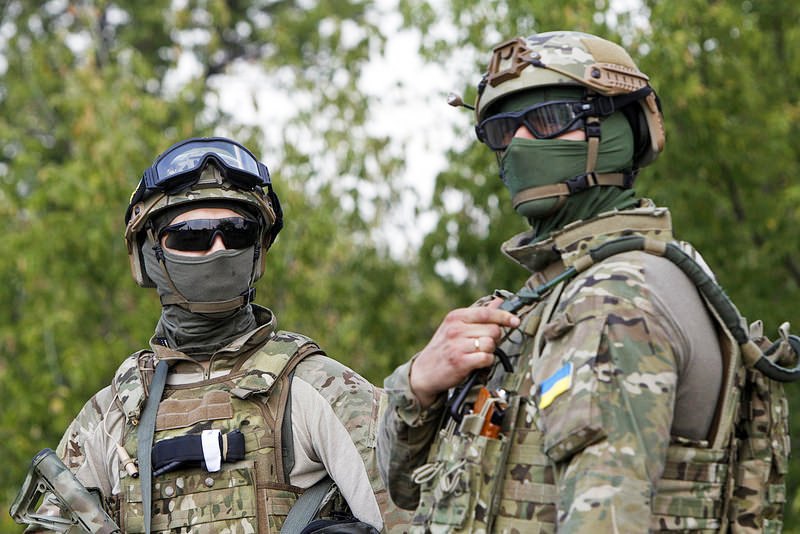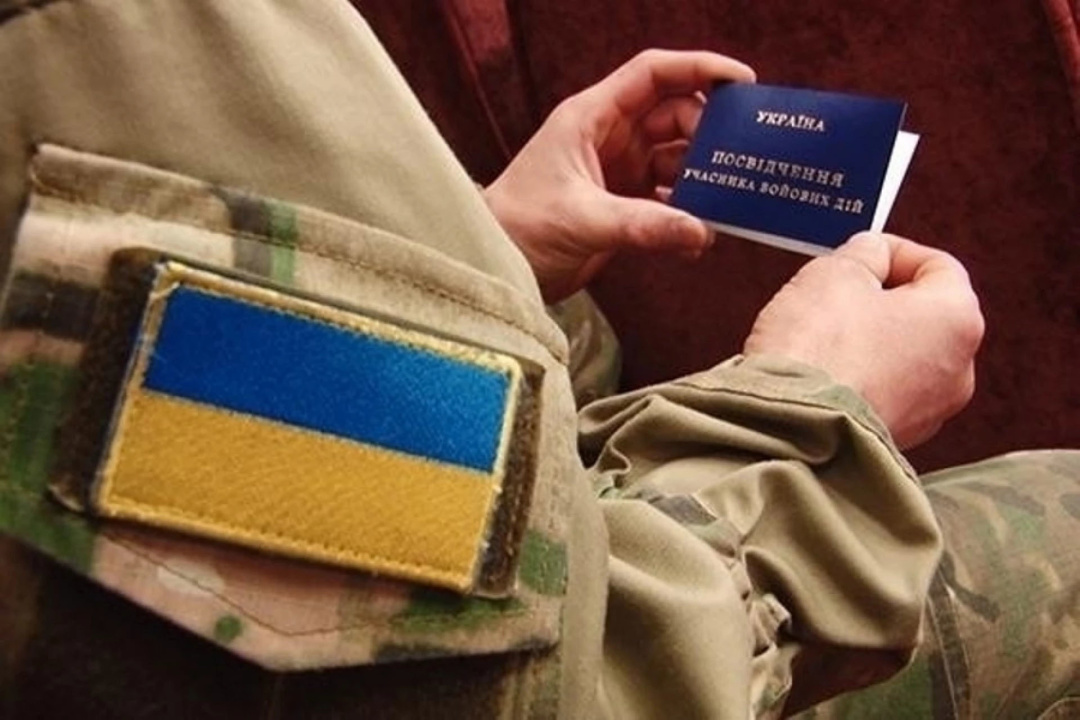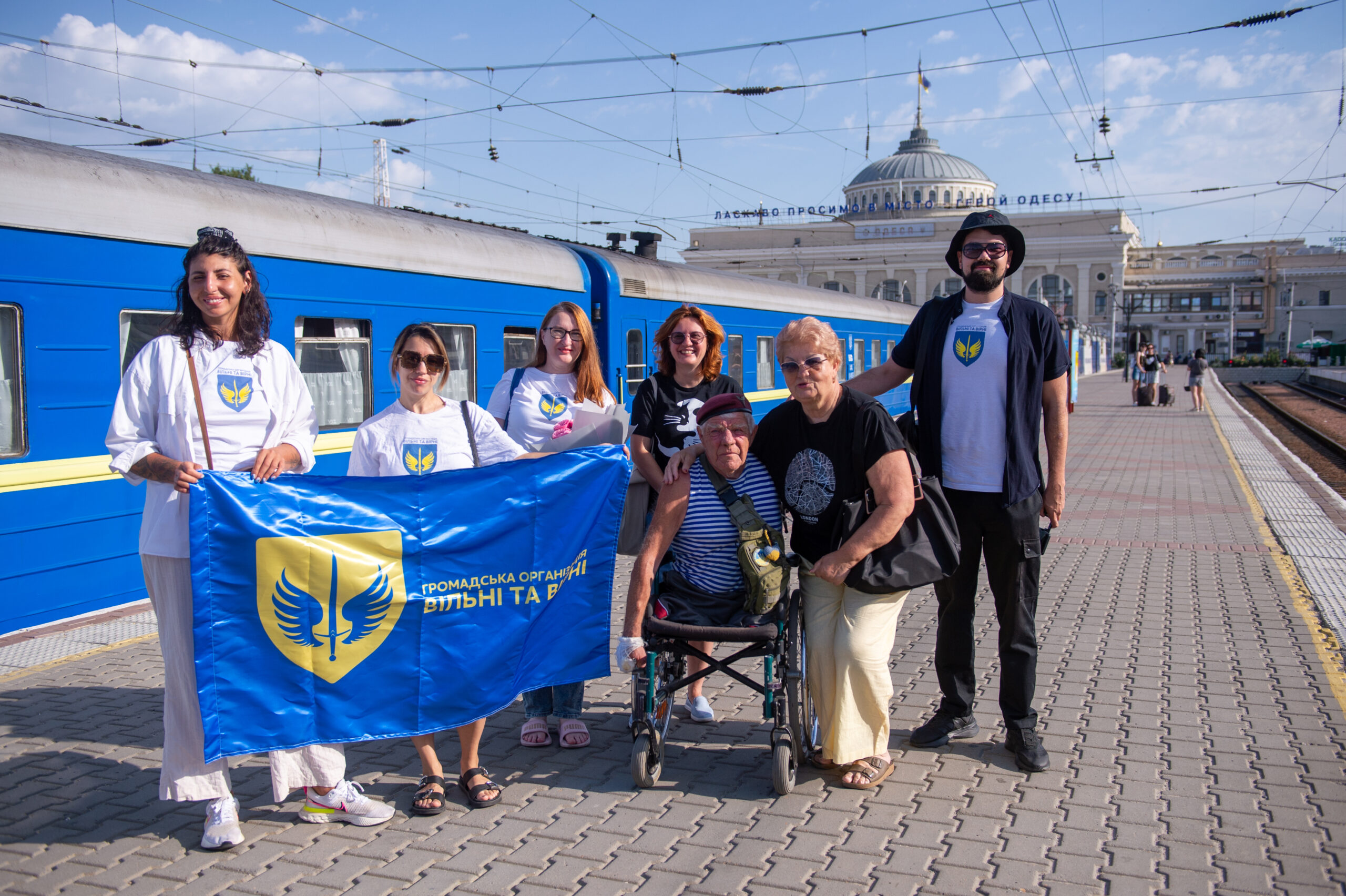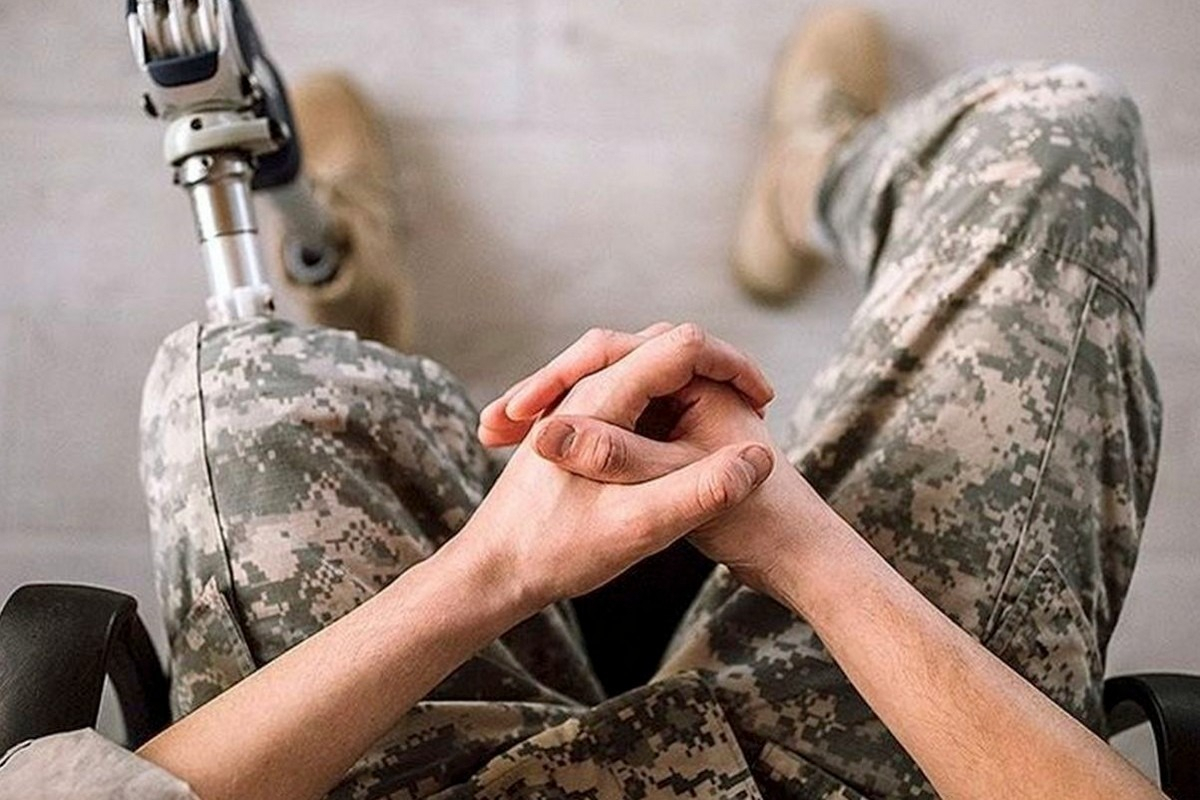For ten years, the war has continued with no clear end in sight. In the coming years, we will have 4-5 million veterans. Adding their family members, this number will increase significantly. Real and radical transformations in the state veteran policy system need to start here and now, but currently, “nothing is happening…”
Meanwhile, the head of the parliamentary committee on social policy (which oversees veteran issues) is concerned not with making the care for Defenders effective, but with increasing the salaries of parliamentary assistants and consultants!
Dear MPs, are you even aware of what’s going on?
In recent years, there have been no parliamentary hearings on veteran policy, despite everyone eagerly running to media appearances to discuss veteran issues.
Not a single “Government Day” on veteran policy has been held, where deputies could inquire and officials could report on what is being done and what is planned.
Until today, no session or even parliamentary week has been dedicated to discussing the urgent problems of veterans and their solutions.
Since the creation of the Ministry of Veterans Affairs, not a single comprehensive legislative initiative in veteran policy has been implemented!
Aren’t you ashamed?
Out of more than thirty existing regulatory legal acts on veteran policy in Ukraine, only 4 are laws, while the rest are subordinate regulations. It’s worth noting that regulating through subordinate acts is a flawed practice that breeds bureaucracy, various interpretations of the same processes, departmental disagreements, disputes, and difficulties in gathering necessary documents.
Half of the current normative legal acts in Ukrainian veteran policy are departmental orders, more than half of which regulate the activities of departmental commissions.
90% of this regulatory base was adopted long before 2022, with the basic norms of veteran policy in Ukraine established by laws from 1991-93.
Numerous proposed new laws awaited by veterans and the public have been sitting idle in committee reviews for years!
How can effective veteran policy be developed in Ukraine with such legislative support? For comparison, the U.S. has over 50 separate federal laws solely for veteran rights protection, more than half of which were adopted in the last 10 years.
Moving on, there are currently 48,000 women serving in the Ukrainian military, more than in any NATO country’s army. However, the status of female military personnel in Ukraine is regulated only by the 2018 Law on Equal Rights and Opportunities During Military Service in the Armed Forces. The status of female veterans is not regulated by any separate normative legal act. In comparison, over 10 federal laws in the U.S. regulate policies concerning female veterans.
Who is supposed to think about this and develop the appropriate legislation?
Now, regarding the Ministry of Veterans Affairs, which has barely started functioning but has already changed its name four times, its organizational form three times, and its leadership five times, there are still only 200 employees. This is despite the fact that, as of early 2022, its activities already covered 1.2 million people! The structure of our central executive body in the veterans system still lacks departmental medical and rehabilitation facilities and even its own medical commission, which is a complete nonsense. For reference: the U.S. Department of Veterans Affairs employs 370,000 people (with over 1,500 in the central office), serving nearly 20 million veterans. The VA’s medical system includes 171 medical centers, over 1,400 outpatient clinics based in communities, community living centers, veterans’ centers, and homes. Together, these facilities and more than 53,000 licensed medical professionals provide care to over 9 million veterans each year.
Who is to blame for the fact that our Ministry of Veterans Affairs remains understaffed and under-resourced when it is already necessary to constantly serve a multi-million-strong veteran audience? Who is supposed to develop veteran infrastructure in Ukraine and allocate budget funds for this?
Explain to me now, why should we pay money to our elected representatives and their assistants and consultants?









